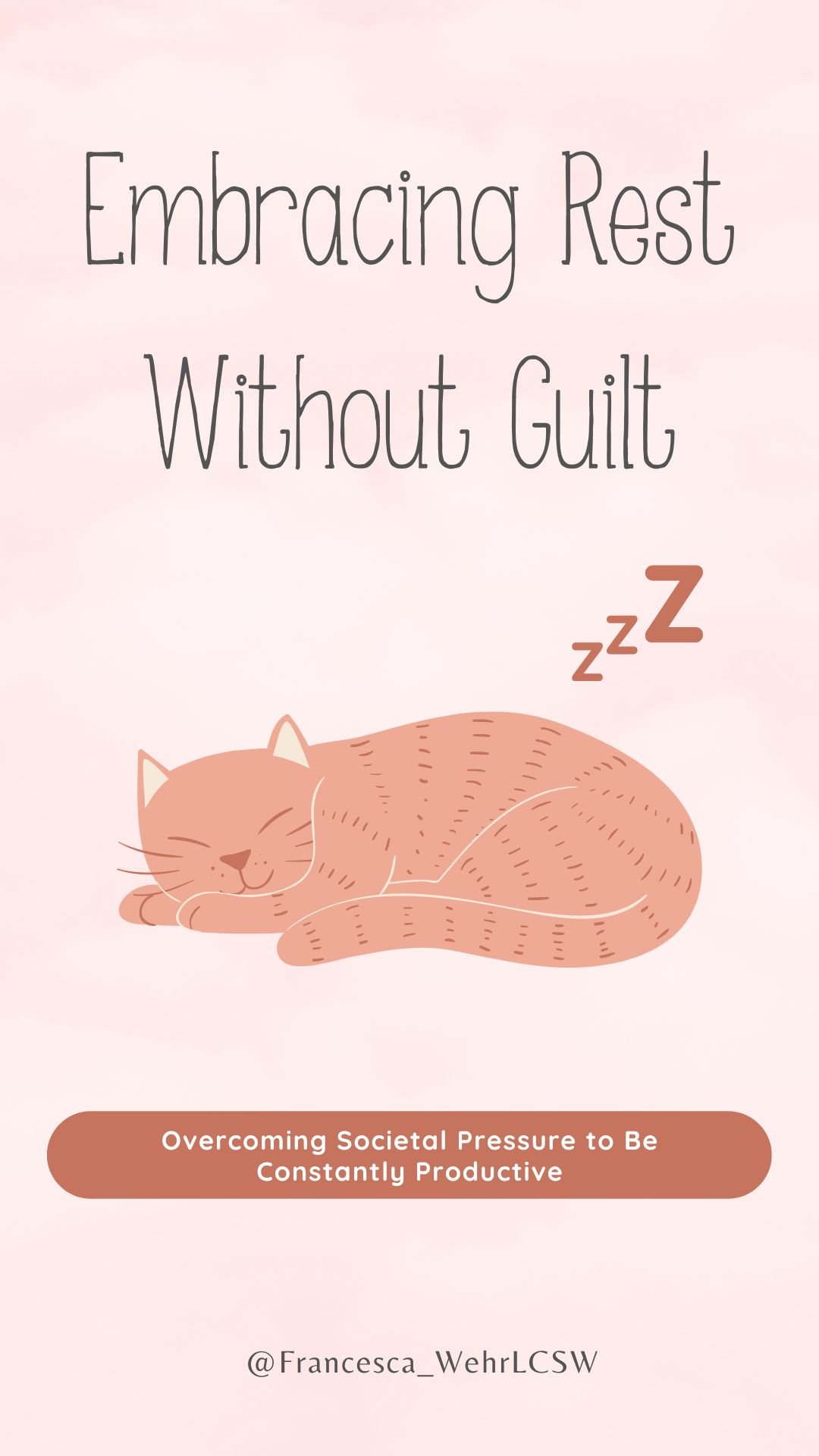
Understanding the Psychology Behind Shopping Addiction
Shopping addiction, also known as compulsive buying disorder (CBD), goes beyond just overspending—it’s a psychological condition driven by emotional, social, and neurological factors. This post explores the dopamine-driven reward system, how shopping becomes a coping mechanism for emotions like stress and anxiety, and the role of societal pressures in fueling addiction. Learn to recognize the signs of shopping addiction, its impact on mental health and finances, and discover effective strategies, including cognitive-behavioral therapy (CBT) and mindfulness, to regain control and develop healthier habits.

Balancing Work-Life Integration for Better Mental Health: Strategies for Achieving Harmony
In today's fast-paced world, achieving a healthy work-life balance is crucial for maintaining mental and emotional well-being. A well-integrated work and personal life can reduce stress, prevent burnout, and promote overall happiness. Pathways to Wellness: Insights from Francesca Wehr, LCSW Mental Health Counseling provides practical strategies for balancing work-life integration to support better mental health.

Embracing Rest Without Guilt: Overcoming Societal Pressure to Be Constantly Productive
In today's fast-paced world, it's not uncommon to feel guilty when we take time to rest. Society often places a high value on productivity, and as a result, many individuals feel compelled to be constantly "on the go" and accomplish as much as possible. This mindset can be detrimental to our mental and physical well-being, as it overlooks the importance of relaxation and self-care. Francesca Wehr, LCSW Mental Health Counseling explores the societal "rules" that contribute to feelings of guilt when resting, and discusses ways to overcome this guilt and learn to relax without remorse.




